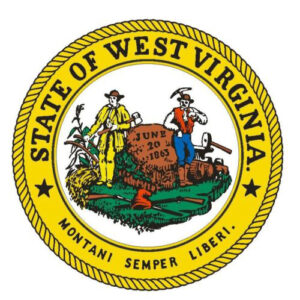 CHARLESTON, W.Va. — The West Virginia legislature on Saturday advanced a bill that would allow the state’s Public Service Commission, its regulatory agency for utilities, to investigate and fine Class I railroads for safety and operational violations.
CHARLESTON, W.Va. — The West Virginia legislature on Saturday advanced a bill that would allow the state’s Public Service Commission, its regulatory agency for utilities, to investigate and fine Class I railroads for safety and operational violations.
On an 89-3 vote, the legislature’s House of Delegates passed HB 3059, sending it to the state Senate.
In a paywalled article, the Charleston Gazette-Mail reports the bill would require the commission to inquire into any violation of state law by a railroad doing business in the state, empowering it to review the railroad’s books and papers, including by subpoena.
It includes a provision making it illegal for a train to block a grade crossing for more than 10 minutes, and another requiring a train to “immediately clear the crossing” upon notification of an emergency services provider.
It also includes provisions for broadband and fiber-optic companies to cross rail lines. The bill includes penalties of $100 to $1,000 for each violation.
The newspaper reports that the bill’s lead sponsor, Delegate Charlie Reynolds (R-Marshall) — described in his biography as a “railroad terminal manager” — argued that the bill was a vote to protect against an accident like the derailment and hazardous-chemical accident in East Palestine, Ohio.
The law is certain to face questions of jurisdiction and enforcement, given the federal regulation of railroads by the Federal Railroad Administration and Surface Transportation Board. A CSX representative, in committee testimony earlier this month, reported an opinion from the railroad’s lawyer that the bill as introduced would have preempted federal law. STB spokesman Michael Booth told the newspaper that “Federal preemption is a complicated legal issue. In general, if there is a federal law that covers an issue with the national rail system, state and local law may not be enforceable.”






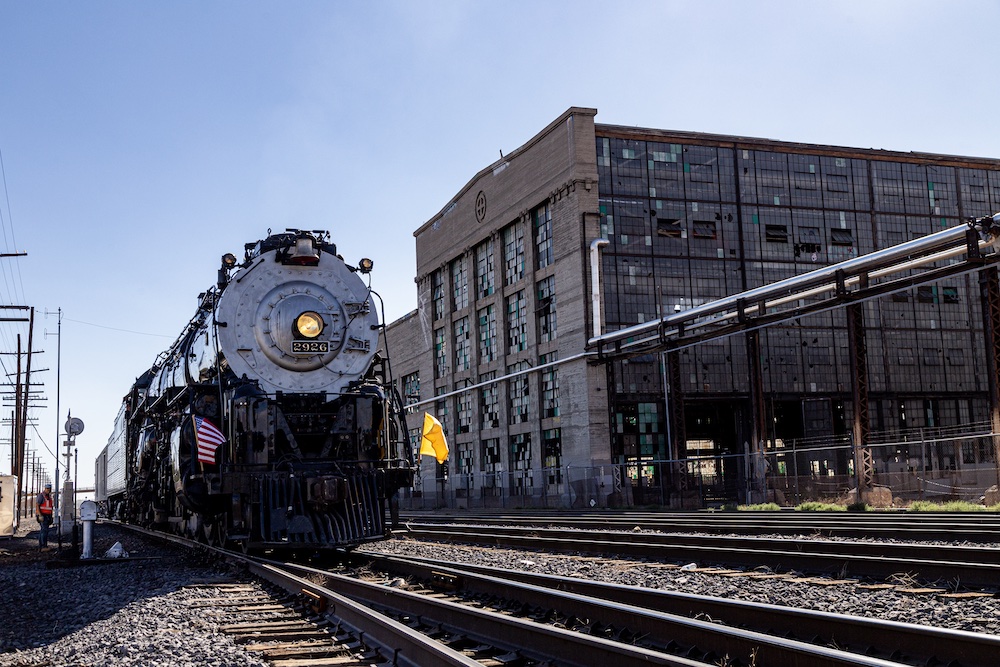
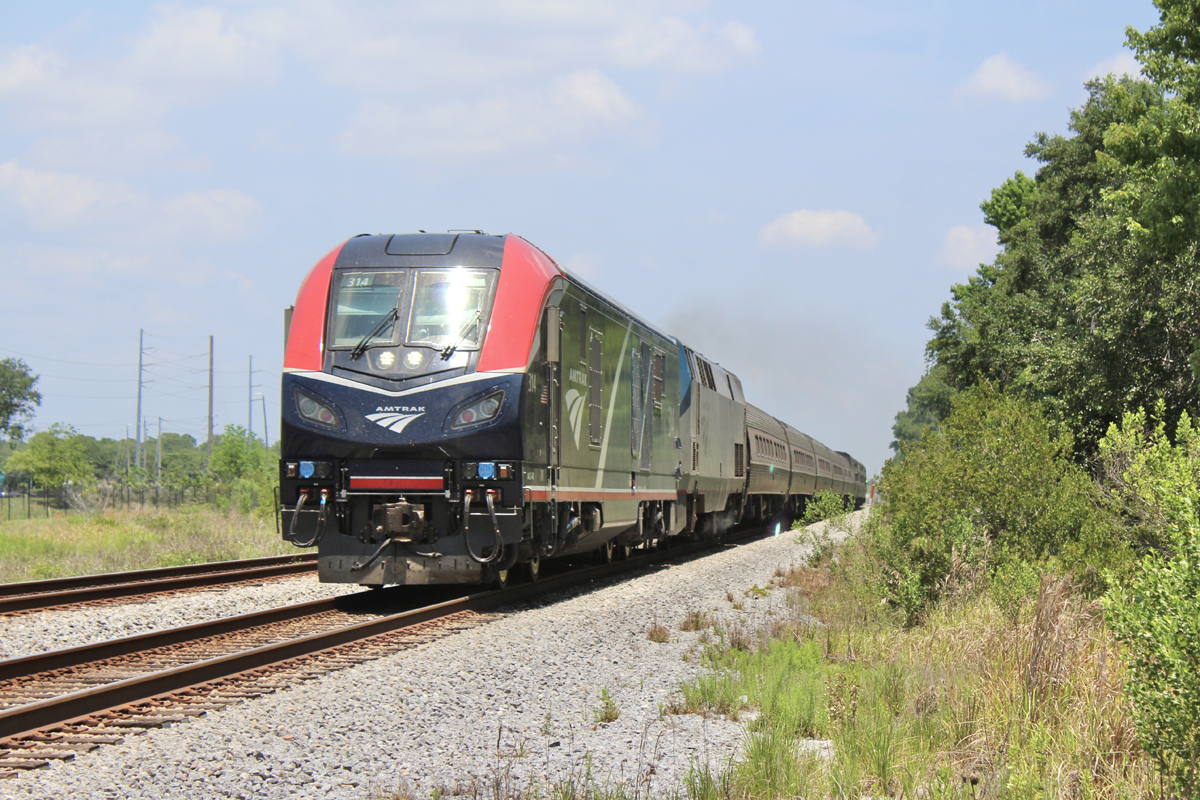
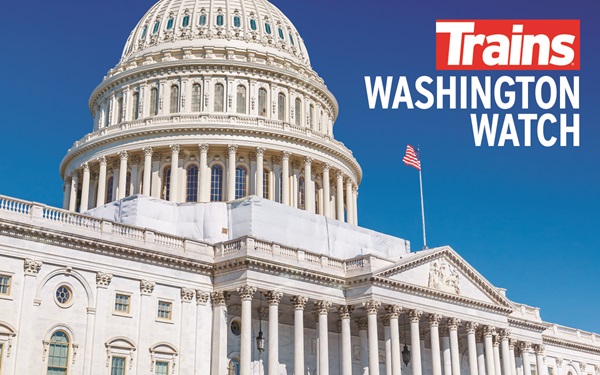
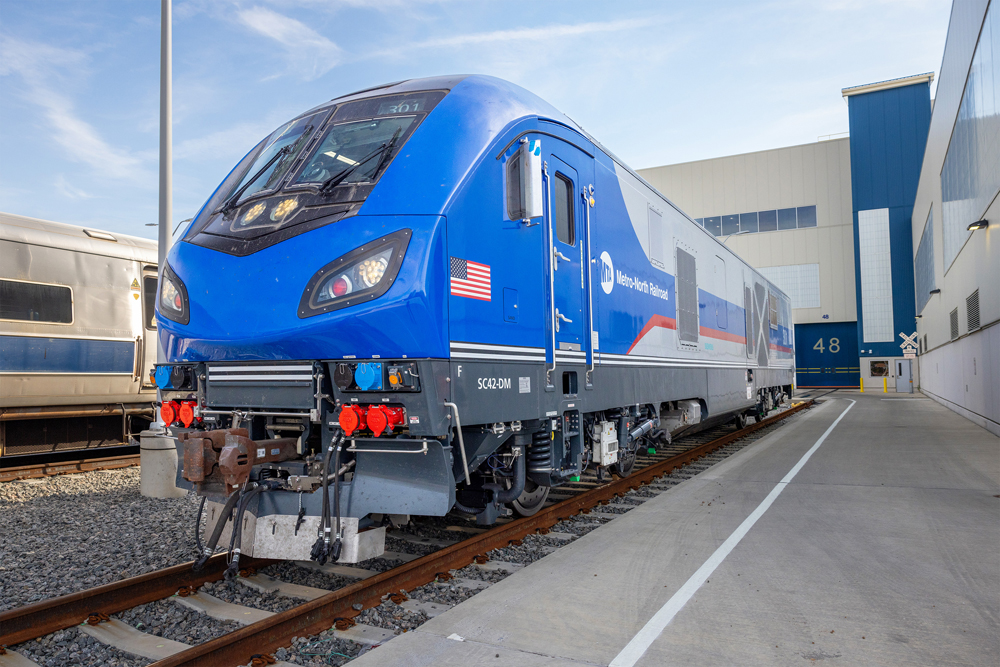




-Federal premption makes this law DOA in a Federal court. Thar is, presuming that the state would obey a Federal court ruling.
A waste of time. And everything covered by the bill would have done nothing to prevent a bearing failure. All dog and pony show.
It’s not worth the paper it’s printed on but they know that. This is what it takes to get attention these days.
Seems like more wasted time and money when Federal law holds the cards.